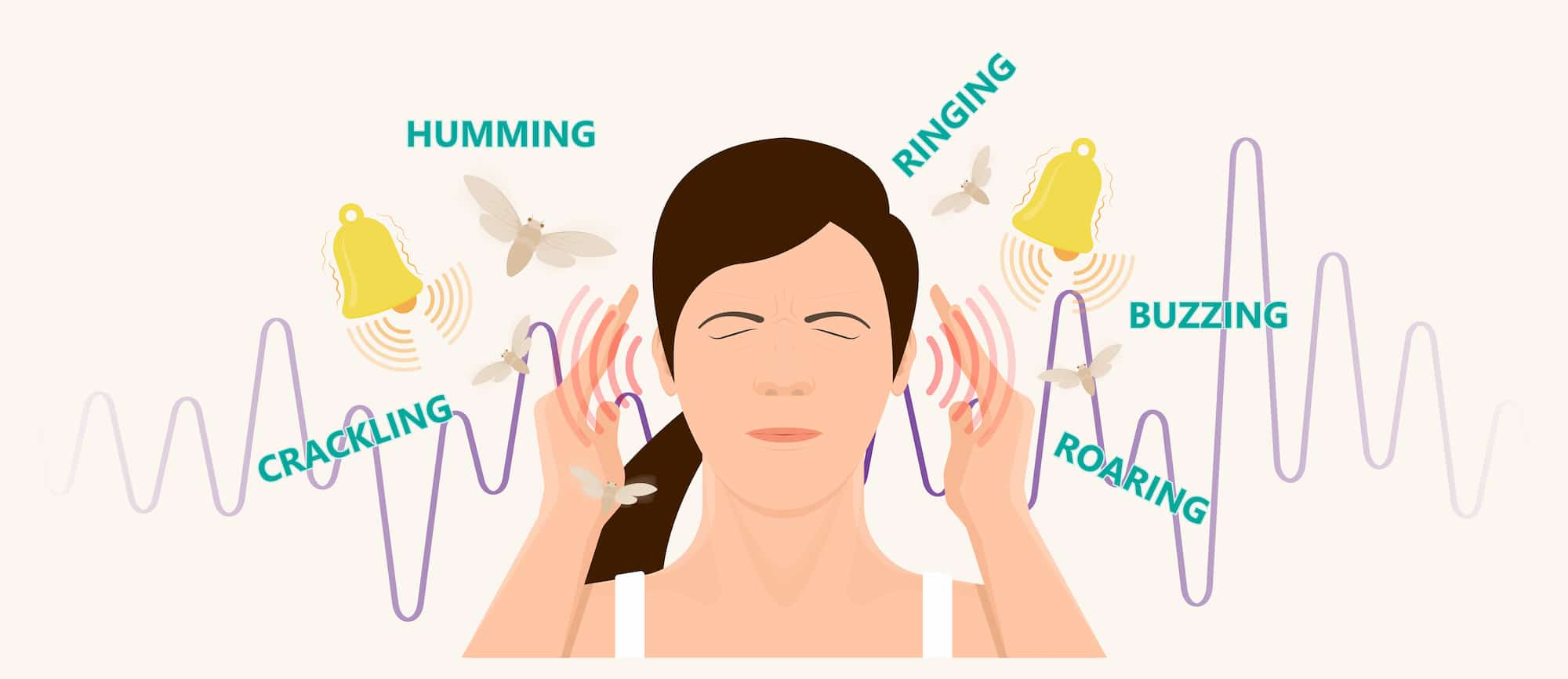Tinnitus The Persistent Ringing in the Ears
Tinnitus is a condition characterized by the perception of sound, often described as ringing, buzzing, hissing, or roaring, when no external sound is present. It can be a frustrating and disruptive condition, significantly impacting a person’s quality of life.
Types of Tinnitus
- Subjective Tinnitus: The most common type, where the sound is only perceived by the individual.
- Objective Tinnitus: A rare type where the sound can be detected by others.
Causes of Tinnitus
The exact cause of tinnitus can vary, but some common factors include:
- Noise Exposure: Prolonged exposure to loud noise can damage the delicate hair cells in the inner ear.
- Ear Injury: Trauma to the ear can lead to tinnitus.
- Ear Infections: Chronic ear infections can contribute to tinnitus.
- Meniere’s Disease: A disorder of the inner ear that can cause tinnitus, vertigo, and hearing loss.
- Ototoxic Medications: Certain medications can damage the hearing nerve and cause tinnitus.
- Underlying Medical Conditions: Conditions like high blood pressure, heart disease, or thyroid disorders can contribute to tinnitus.
Managing Tinnitus
While there’s no cure for tinnitus, various strategies can help manage its impact:
- Hearing Aids: Hearing aids can amplify background noise, which can help mask the tinnitus.
- Tinnitus Retraining Therapy (TRT): A type of therapy that helps the brain adapt to the perception of tinnitus.
- Relaxation Techniques: Techniques like meditation, yoga, and deep breathing can help reduce stress and anxiety, which can worsen tinnitus.
- Medications: In some cases, medications can help alleviate tinnitus symptoms.
- Avoiding Triggers: Limiting exposure to loud noise and certain medications can help prevent tinnitus from worsening.
If you’re experiencing tinnitus, it’s important to consult with a healthcare professional to determine the underlying cause and discuss appropriate treatment options.

